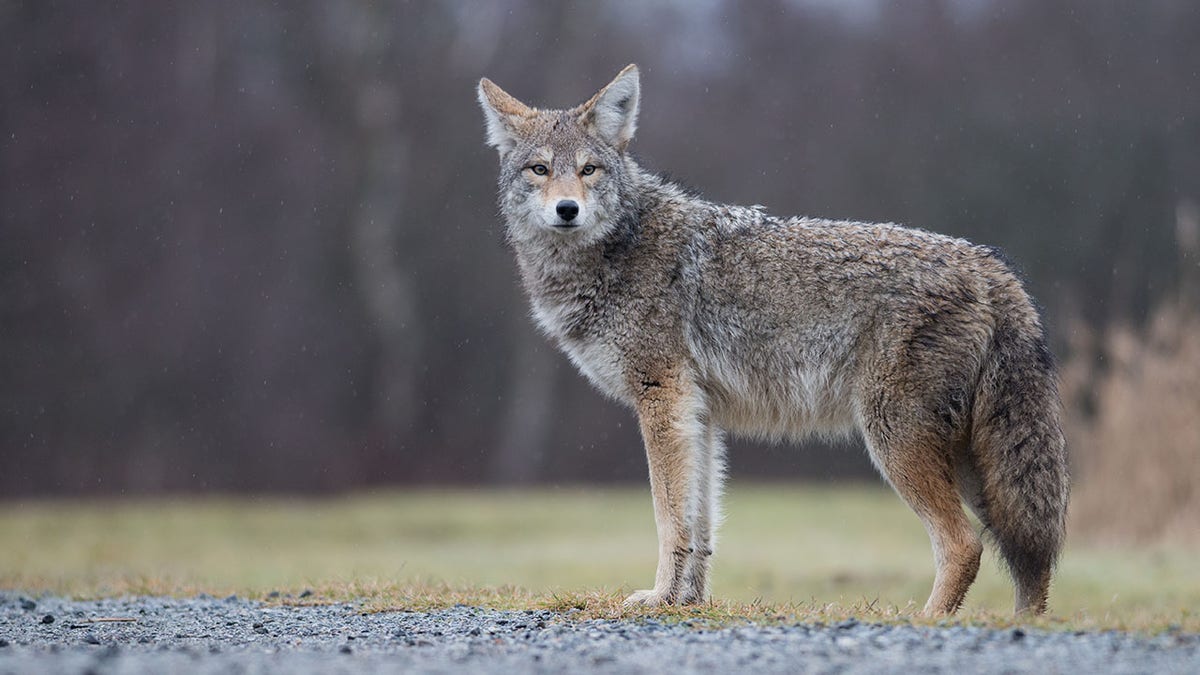Fox News Flash top headlines for February 16
Fox News Flash top headlines are here. Check out what's clicking on Foxnews.com.
Every mystery has an answer.
A wildlife hospital in Pennsylvania announced the results of a DNA test for an unusual looking animal that it had been treating. While the animal had been brought in for treatment in January, it escaped from the facility and has not yet been relocated.
Wildlife Works in Mount Pleasant posted the update to the story on its Facebook page. According to the post, it just received the results of the DNA test and confirmed that the animal was 100% coyote. This means that the sick animal is definitely not a missing pet.
Wildlife Works specializes in treating deer, raccoon, mammals and other rabies vector species.
The hospital previously posted about the coyote on Jan. 24, before the animal had been identified.

A coyote in British Columbia, Canada. (iStock)
In the post, Wildlife Works wrote, "We are still waiting for the results of the DNA sample to come in. He is doing much better now and is much more alert than when he came to us last week. He is still not showing extreme signs of aggression but is more on the defensive side."
The post also included a photo of the coyote, although its species is not clear from the picture. The animal was extremely malnourished and incredibly skinny, making it hard to tell whether it was a coyote or a dog. It was also missing much of its fur.
CLICK HERE TO GET THE FOX NEWS APP
The coyote escaped the facility towards the end of January. It was able to chew through a window seal and screen before making its way to freedom, Fox 8 reports. A hospital worker found scratch marks and other damage in the area of the hospital where the animal was being housed.
Before the coyote escaped, doctors were treating it for mange.
CLICK HERE TO SIGN UP FOR OUR LIFESTYLE NEWSLETTER
Workers for hospital set up traps in the area. They also left nearby barn doors open and provided plenty of hay, hoping that the coyote would take refuge from the cold. So far, it has not been spotted in the area again.










































